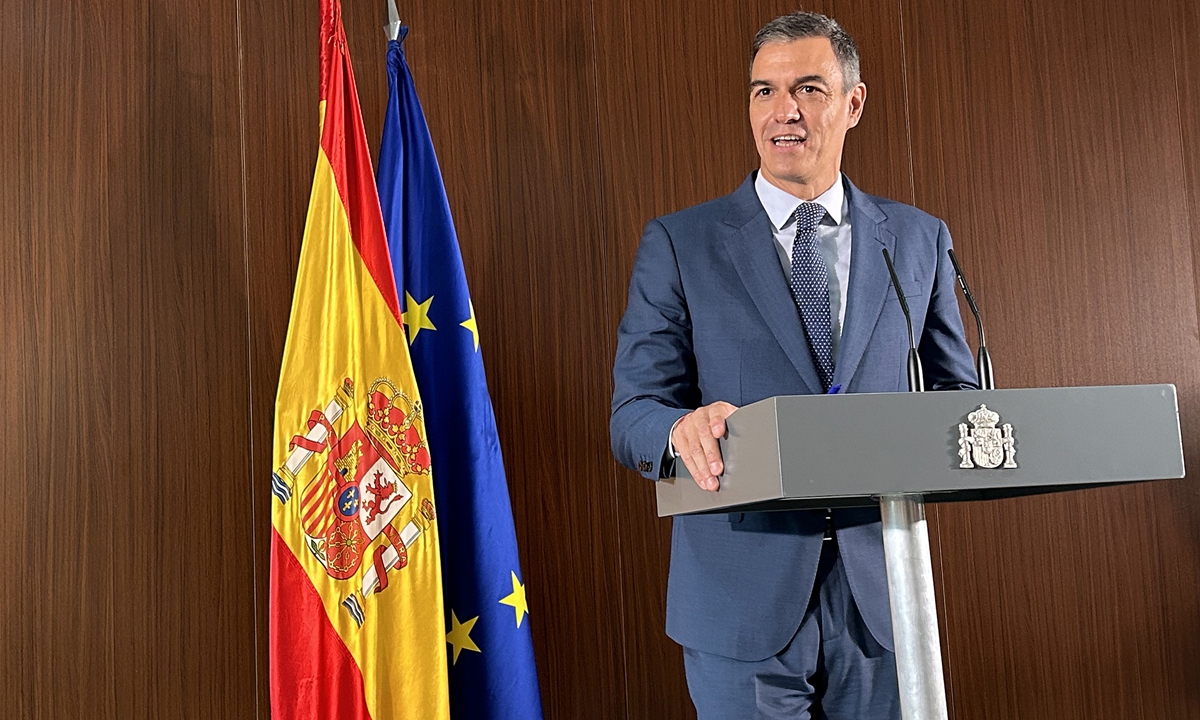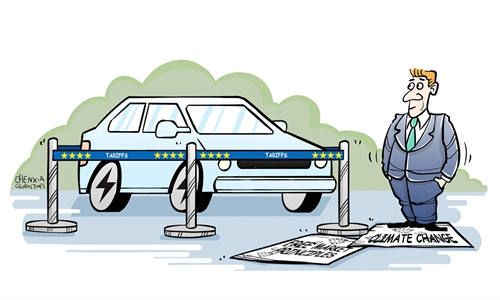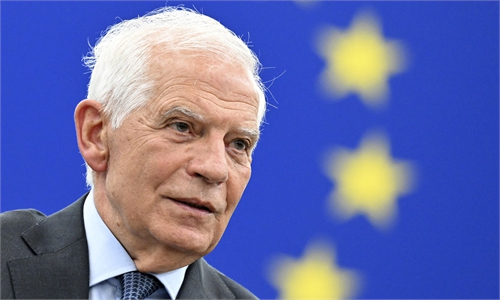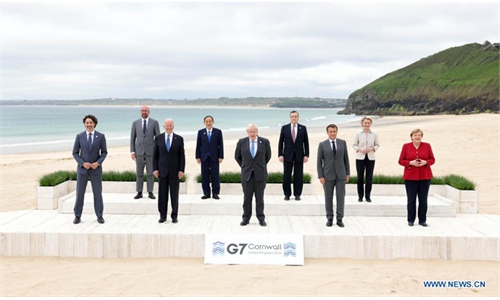
Spanish Prime Minister Pedro Sanchez at a press conference in Kunshan City, East China's Jiangsu Province, on September 11, 2024. Photo: Huang Lanlan/GT
On Wednesday, when asked by the media about the EU's tariffs on China, Spanish Prime Minister Pedro Sánchez said that Europe "needs to reconsider" this decision. This "rare" statement has garnered widespread attention and is considered a "significant turnaround" in Spain's position on the tariff issue with China, which has "surprised some officials in European capitals and in Brussels." However, it should be noted that after Sánchez's visit to China, where he gained a deeper understanding of Chinese companies' development and China's development philosophy, such a shift in thinking is, in fact, not surprising at all.
Sánchez made the statement during a press conference after visiting the Kunshan Spain Mondragon Industrial Park in Jiangsu Province. His remarks were based on conclusions drawn from his on-site assessment in China, which gave them strong persuasive power. It was evident that the development of China's electric vehicles (EVs) left a deep impression on him. Speaking about his brief test drive experience, he noted that the technology was "clearly advanced" and suggested that some renowned European car manufacturers should learn from Chinese companies, adding, "We don't need another trade war." He also repeatedly emphasized cooperation with China, highlighting that it is not limited to the bilateral relationship between Spain and China, but also extends to the European Union. Germany, which has extensive cooperation with China in the automotive sector, quickly expressed support for Sánchez's statement, saying, "The direction of travel is one that we share."
This illustrates a very simple truth: Opportunities for development often arise from extensive interaction rather than isolation. If Europe's political elites could personally experience China's new energy vehicles, listen to the introduction of advanced experiences by Chinese companies without bias, and observe China's commitment to open cooperation and mutual progress, they would likely no longer be "surprised" by Sánchez's shift in stance. Sánchez's viewpoint reflects the common aspirations of European countries that wish to strengthen cooperation with China. This realistic and rational perspective deserves to be heard more widely around the world.
During Sánchez's visit to China, a report on the EU's economic competitiveness, presented by former European Central Bank president Mario Draghi, was released in Brussels on September 9. The report is titled "The future of European competitiveness." It's more accurate to say that the report reflects Europe's deep anxiety over falling behind the US and China in technological competitiveness, rather than focusing solely on the "challenges posed by China." The Draghi report proposes sweeping reforms to revitalize the European economy. We believe that one of the underlying principles of these reforms should be abandoning the erroneous idea of developing technology through protectionism.
Currently, both China and Europe are in need of an energy transition, and the global industrial landscape is undergoing a new round of reshuffling. In the face of new opportunities and challenges, both China and Europe possess their own advantages. Both sides should work together to forge a new path of mutual benefit and win-win cooperation. China has always approached this matter with sincerity and expectation. On September 10, China's Ministry of Commerce expressed its willingness to consult further with the EU to resolve trade disputes. Although reaching an agreement between China and Europe is challenging, the Chinese side believes that as long as the EU demonstrates sincerity and meets China halfway, mutual concerns can be addressed through consultation.
Almost simultaneously with Sánchez's visit to China, Norwegian Prime Minister Jonas Gahr Støre also concluded his visit to the country. He reiterated that Norway will not impose higher tariffs on Chinese electric vehicles. Prior to this, Italian Prime Minister Giorgia Meloni and a delegation from Ireland also visited China. Some analysts believe that the frequent visits by political heavyweights from EU member states to China clearly indicate that they do not wish to engage in a trade war with China.
This attitude is not a minority view within the EU. In fact, the European Commission has revised some duties or lowered final proposed tariffs, indicating that this policy has encountered strong resistance within Europe. Recently, the US' decision to impose Section 301 tariffs on China has been repeatedly postponed due to significant opposition within various industries during the consultation process. While this differs from the EU's approach to imposing tariffs on China, the underlying logic is similar: Protectionist measures are not only difficult to gain acceptance externally but also face strong internal resistance, making them ultimately hard to sustain.
We hope that Europe can view China's development in fields such as new energy vehicles objectively and rationally, focusing on solving problems rather than covering them up. We encourage a collaborative approach to explore reasonable solutions to these issues. China has always maintained its position of resolving trade disputes through dialogue and consultation. The rational voices from Spain and Germany should serve as important references for EU's decision-making.



